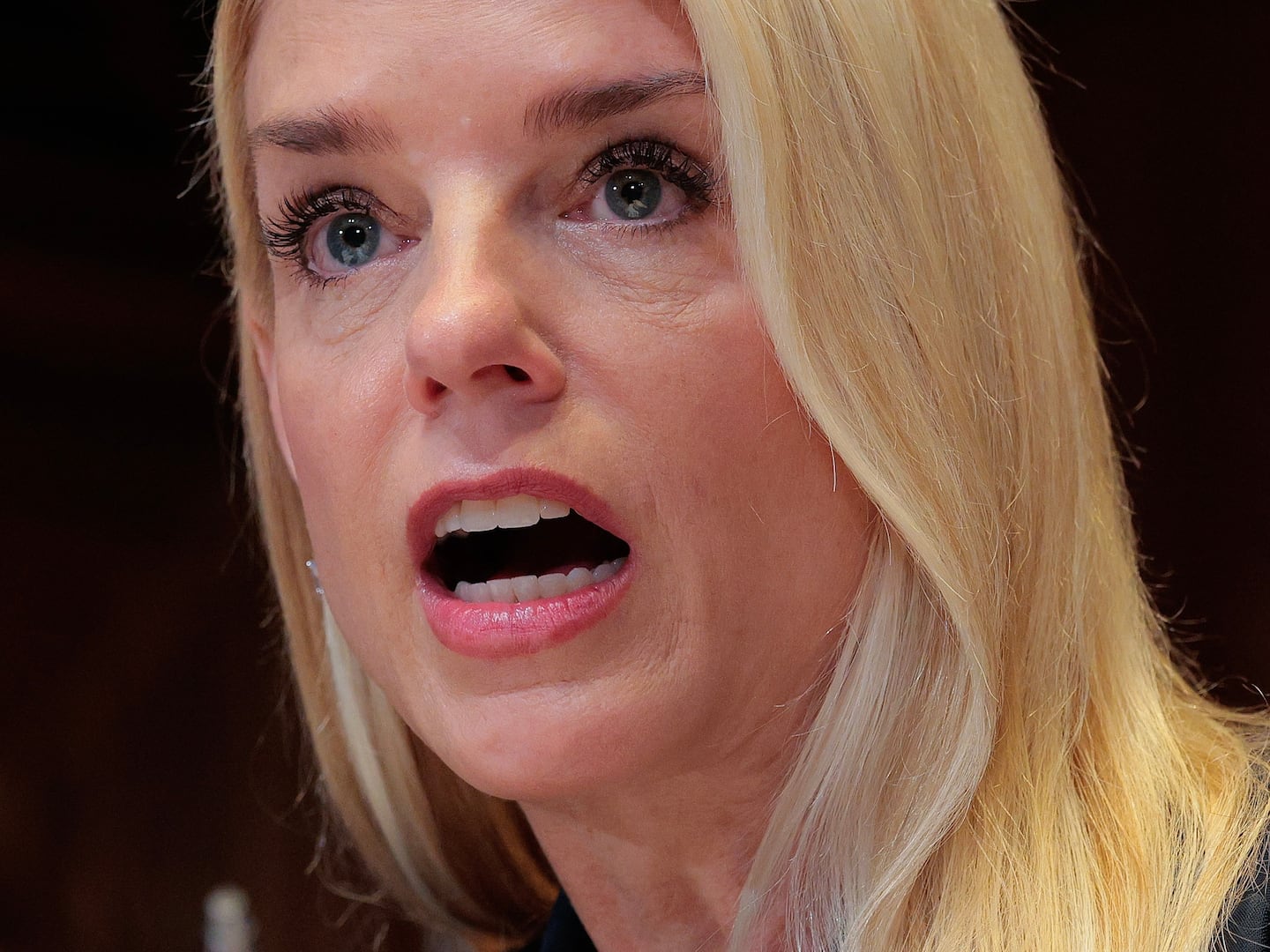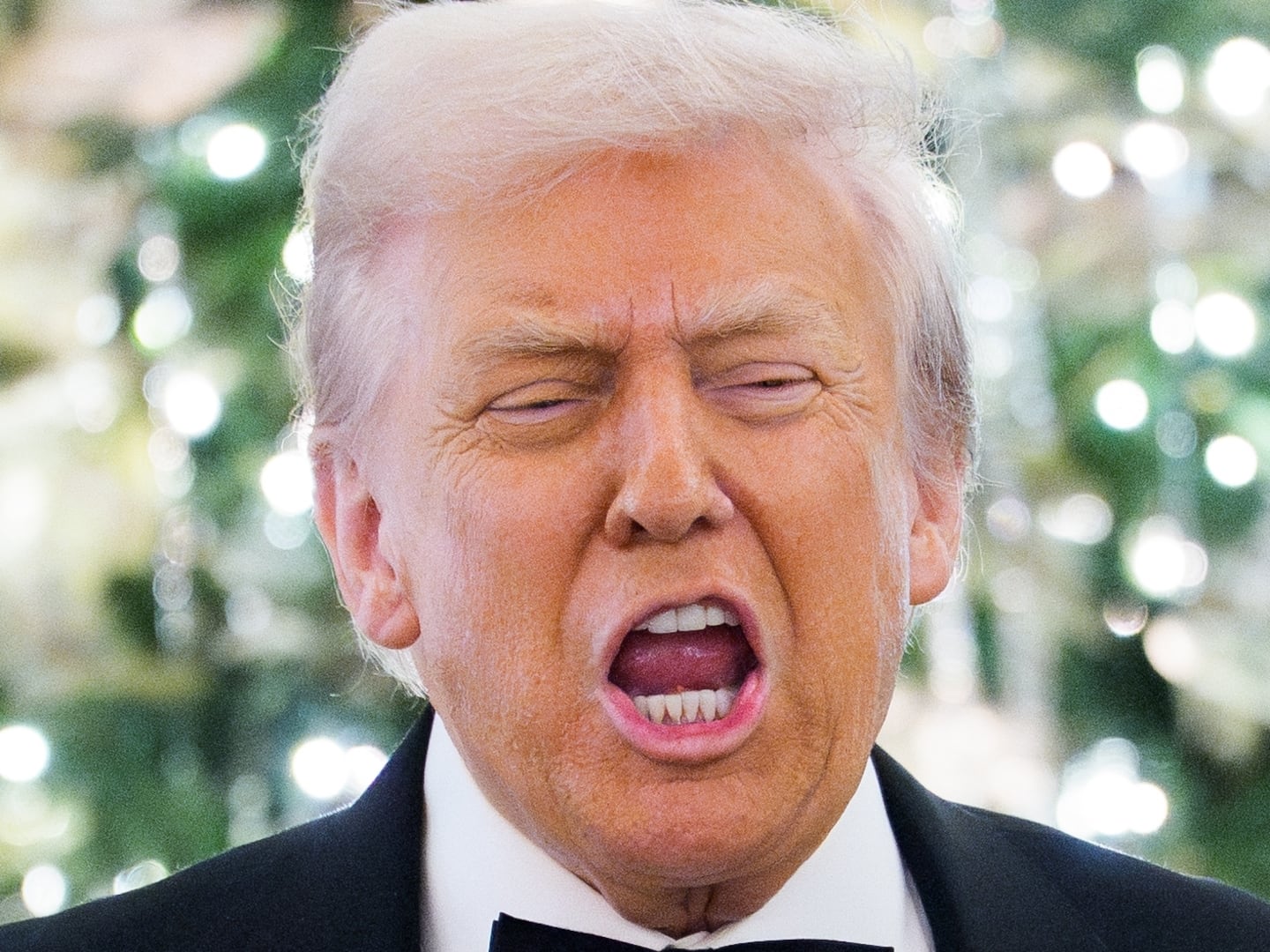Herman Cain’s camp can’t seem to figure out which way is up. Midday Thursday, Cain’s campaign manager Mark Block stood down from his accusation that Rick Perry engaged in “despicable” conduct by leaking news of the first story about a sexual harassment complaint against Cain. But later in the day, Cain himself suggested again, this time on Sean Hannity’s radio show, that the Perry camp was behind the story. So which is it? Did Perry’s underlings leak the information?
If they did, it would be the first signs of intelligent life from the underachieving Aggie. What—me defend Rick Perry? Ordinarily I’d be right up there leading the charge against him for despicable behavior. I mean, Perry may have executed an innocent man. He ran an ad against a Latino that many Tejanos considered racist. His conduct in office has been so ethically challenged that even Sarah Palin has accused him of “crony capitalism.” He hugged a preacher who smeared Mitt Romney’s Mormon faith. Despicable indeed.
But none of those things sparked the ire of the Herminator. No, Cain and his team accused Perry of the “despicable” act of leaking information about alleged sexual harassment by Cain.
Puh-leez.
Since when is it dirty to encourage reporters to commit journalism?
Has American politics become so wussified (to use Kinky Friedman’s wonderful phrase) that spreading information about someone’s allegedly unprofessional conduct is now considered dirty? Heck, even Perry seems to think so, telling CNN’s John King on Thursday evening that if anyone on his campaign was behind the story, they are “out the door.” Why? He would fire someone for leaking damaging information on his opponent? That’s like benching a linebacker for sacking the opposing quarterback.
Come on. Nixon 1972—now that was dirty. Nixon’s campaign bugged the Democratic National Committee chairman’s office. As Bob Woodward and Carl Bernstein reported, the creeps at CREEP (the Committee to Re-Elect the President) put tails on Democratic candidates and their families. They forged letters—including the infamous “Canuck” letter, wherein Democratic frontrunner Ed Muskie was accused of using an ethnic slur. They stole their opponents’ campaign files. They disrupted Democrats’ campaign schedules and more. That’s dirty.

More recently, right-wing Republicans at their 2004 convention sported Band-Aids with purple hearts on them, mocking John Kerry’s war wounds. That’s dirty.
By contrast, when Joe Biden was accused of plagiarism in the 1988 presidential campaign, the wusses accused the campaign of Dick Gephardt (for whom I was working at the time) of spreading the story. Gephardt’s campaign was not involved. And when it turned out that Mike Dukakis’s campaign manager, John Sasso, had been behind it, Sasso was forced to resign. To this day I wonder what might have been. Sasso was and is a brilliant guy. He knocked his boss’s strongest opponent out of the race. And yet he had to resign—and Dukakis lost the presidency. Sasso didn’t do anything dirty. He noticed that Biden, who usually gave credit to British Labor Leader Neal Kinnock for a terrific riff about the ladder of opportunity, sometimes neglected to do so. He pounced on that error, and drove Biden out of the race. Sasso did not lie. He did not doctor tapes or selectively edit the speech. He did not snoop into his opponent’s personal life, nor attack his religion, nor bother his family. He steered reporters toward an opponent’s mistake. And the wussy culture demanded his head. That’s crazy.
Here’s the Begala Standard: if an attack is fair, factual, and about the public record, it’s not dirty. Business experience—and, yes, one’s conduct around the office or in an after-work watering hole—is relevant. Scrutinizing it is fair. You don’t attack someone’s race or religion or gender or sexual orientation. You don’t go after family. You don’t pry into private lives, but you look at public performance in office, or in prior campaigns; you look at business and financial matters, votes and quotes (and for the presidency and vice presidency I think health is a legitimate inquiry). And there’s nothing wrong with encouraging journalists to do so as well.






